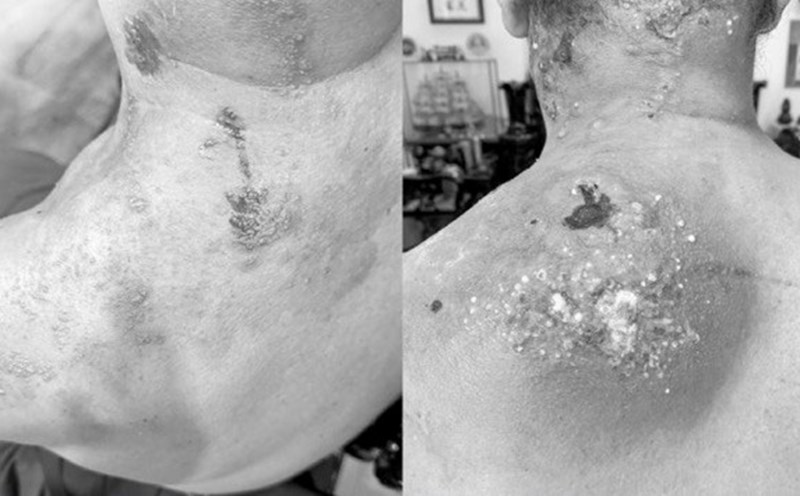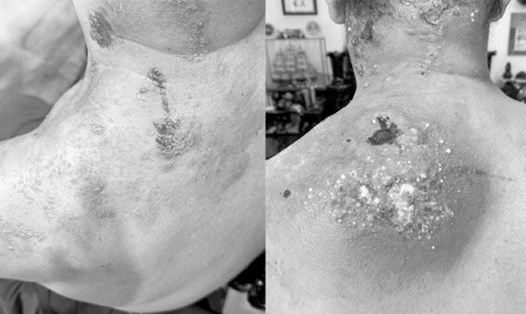Provide complete nutrition
According to Shrey Kumar Srivastav, Senior Consultant and Physician, Sharda Hospital, Noida, India, ADHD (Attention Deficit Hyperactivity Disorder) is often associated with children, but many adults also struggle with this neurodevelopmental condition. A balanced diet with all the essential nutrients is important for people with ADHD. The following foods can help improve concentration and reduce hyperactivity:
Omega-3 fats: These fats may improve brain function and reduce ADHD symptoms. Food sources rich in omega-3s include salmon, mackerel, chia seeds, flax seeds, and walnuts.
Protein: Protein helps provide steady energy and improves concentration. Good sources of protein include lean meats, eggs, beans, and nuts.
Vitamins and minerals: Certain vitamins and minerals may help improve brain function, such as B vitamins, vitamin D, magnesium, and zinc. Foods rich in vitamins and minerals include green vegetables, fruits, whole grains, and seeds.
Complex carbohydrates: These provide a steady source of energy and help prevent blood sugar spikes, which can affect mood and concentration. Whole grains, brown rice, quinoa, sweet potatoes, and vegetables are good sources of complex carbohydrates.
Foods to Avoid or Limit for Better ADHD Control
Sugar and processed foods: Sugar may give you a short-term energy boost, but it can also cause fatigue and decreased concentration. Processed foods are often high in sugar and preservatives, which can negatively impact your brain.
Caffeine and carbonated drinks: Beverages containing caffeine such as coffee and carbonated soft drinks can increase feelings of anxiety and affect sleep.
Food additives: Certain food colorings, flavorings, and preservatives can irritate the nervous system and increase ADHD symptoms.









